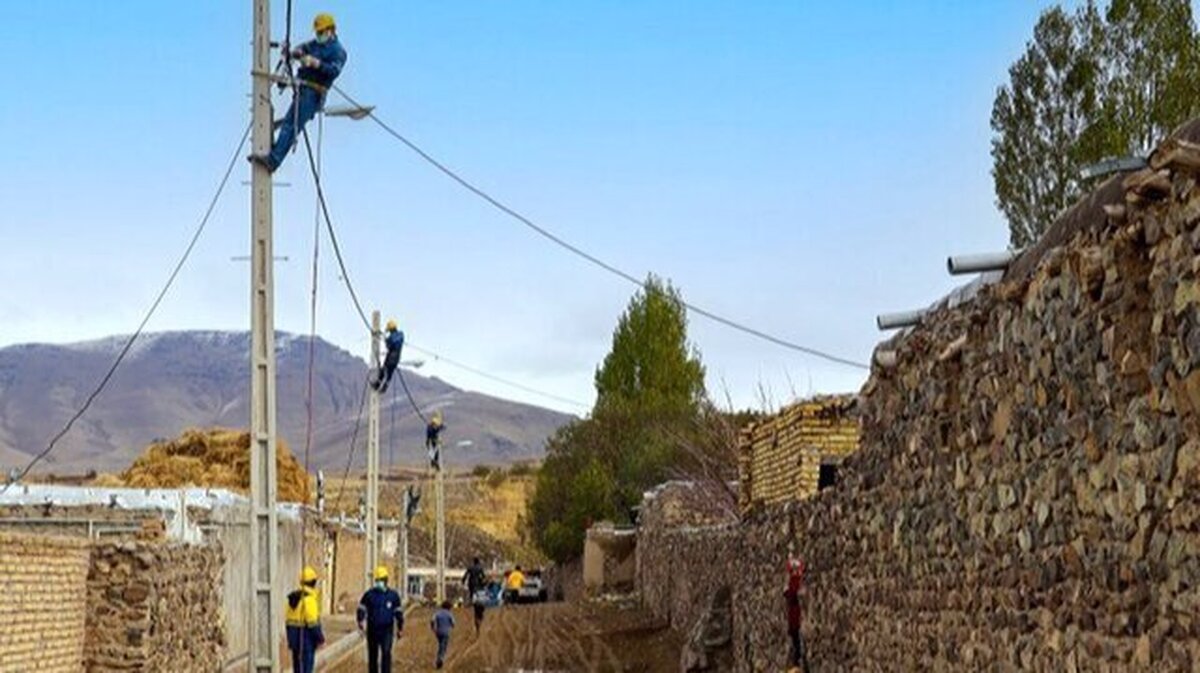
Minister Defends Monopoly on Electricity Export Sector
EghtesadOnline: In the present conditions allowing private companies to get involved electricity export will deprive the Energy Ministry of crucial forex revenue, the energy minister said.
“Selling power to neighbors is the only source of foreign currency revenue for the state-run Iran Power Generation, Transmission and Distribution Management Company (Tavanir). Entry of private power producers in this domain at this juncture does not make economic sense,” Reza Ardakanian was quoted as saying by Mehr News Agency.
Due to inexpensive power tariffs, Tavanir has long been grappling with economic problems and letting private companies to sell electricity to foreign customers will aggravate the ongoing financial crisis, he stressed.
“Tavanir’s forex revenues are divided among several subsidiaries. Dominance of the private sector in such a key sector will cause the income to be distributed among a few private power producers that would be to the detriment of the ministry.”
Revenue from electricity export to Iraq, Pakistan and Afghanistan reached $60 million in 2018.
Although electricity export tariffs vary and are based on a variety of factors namely fuel prices in the Persian Gulf region, power can be sold for at least 11 cents per kilowatt hour in international markets. The same in the domestic market barely makes 1.5 cents.
Tavanir is in charge of purchasing electricity from power plants and private companies are obliged to sell only to the state giant.
To further justify his view, Ardakanian said the power sector in Iraq, Pakistan and Afghanistan are the monopoly of governments and “they are keener to sign contracts with Tavanir rather than private firms.”
He did not elaborate. It is obvious that when a country like Iraq is unable or unwilling to settle its whopping debts to Iran Tavanir continues to export. However, private firms have their own business rules and cannot be as generous as a state company even if they wanted to.
Unless power prices increase Tavanir problems will persist and possibly get worse, the minister warned. Due to the huge gap between real energy costs and what consumers pay, the government must annually pay $1 billion in subsidies to plug the huge gap in real energy costs and the bills sent to consumers.
Power generation in Iran costs at least 3 cents per kilowatt-hour but consumers are charged less than 1 cent per kWh.
“The experience of countries like Turkey shows that the only way to convince subscribers to use power wisely is to revise pricing structures and obliging heavy consumers to pay real prices that include the cost for power generation, dispatch and transmission.”
Unwarranted
Contrary to what the minister says about the need for Tavanir’s monopoly on selling power, advocates of free enterprise like Alireza Kafshkanan argue that so long as electricity is sold only by the Energy Ministry, the power sector will not flourish as it deserves due to the reluctance of private firms to get involved in mega projects.
“Unless the private sector breaks the absolute monopoly over electricity export and the ministry allows space for private companies, the industry will not improve.”
Recalling Iran's ability to emerge as a regional electricity export hub with its impressive infrastructure and skilled workforce, Kafshkanan says, "Iran's 10-year track record in electricity deals [export and swap contracts] with neighbors, namely Pakistan, Afghanistan and Iraq, is commendable. It is strange that no plans have been made to transform the country into a regional hub.”
One major reason behind the monopolies is the steep increase in foreign exchange rates. Currency rates have surged in Iran as a permanent faultline of the sanction-plagued economy. The dollar fetched 260,000 rials on Monday. Last year it was near 150,000 rials. In the summer of 2013 when President Hassan Rouhani took office the greenback was not worth more than 36,000 rials.


